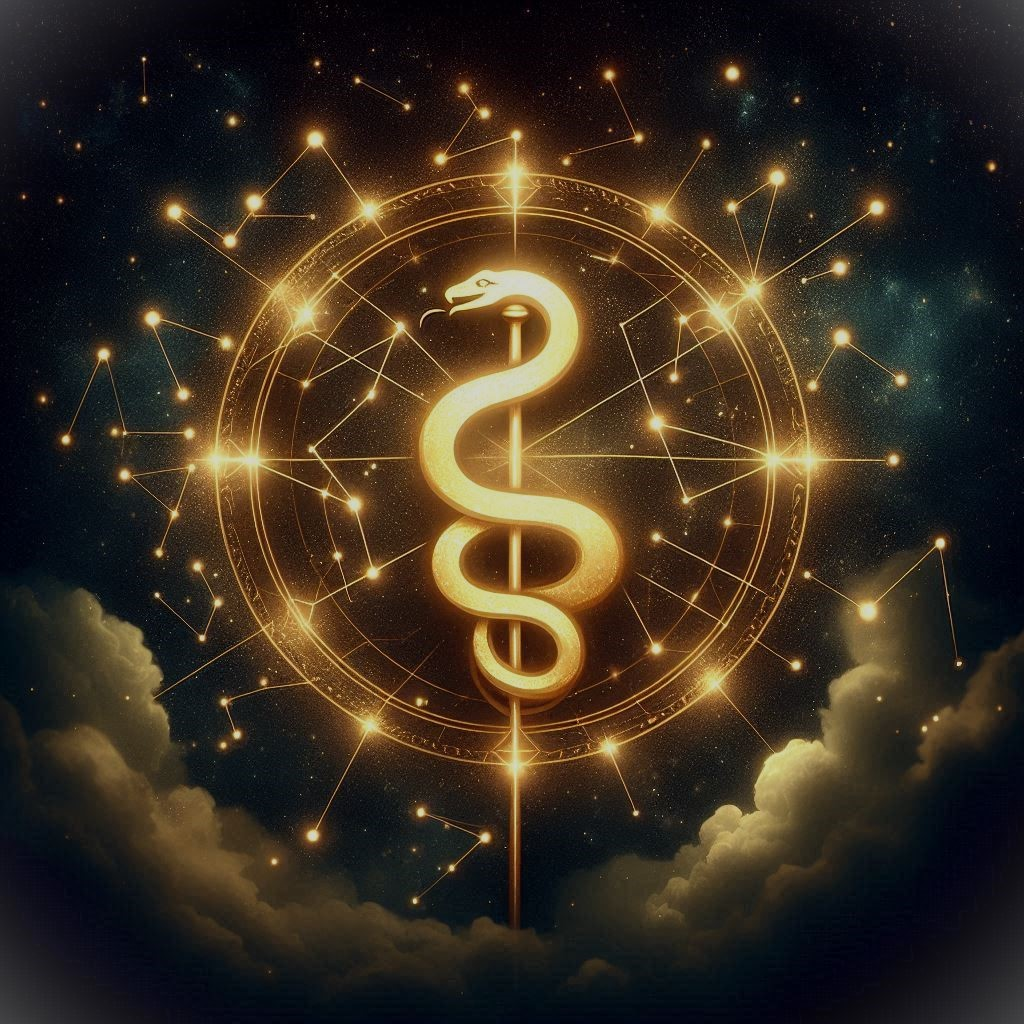Let’s say we all have been accustomed to the list of 12 (twelve) zodiac signs for so long…
It is said that your birthdate determines your zodiac (sun) sign, therefore, we have the following:
| ♈ Aries (Ram) | March 21 – April 19 |
| ♉ Taurus (Bull) | April 20 – May 20 |
| ♊ Gemini (Twins) | May 21 – June 21 |
| ♋ Cancer (Crab) | June 22 – July 22 |
| ♌ Leo (Lion) | July 23 – August 22 |
| ♍ Virgo (Virgin) | August 23 – September 22 |
| ♎ Libra (Balance) | September 23 – October 23 |
| ♏ Scorpio (Scorpion) | October 24 – November 21 |
| ♐ Sagittarius (Archer) | November 22 – December 21 |
| ♑ Capricorn (Goat) | December 22 – January 19 |
| ♒ Aquarius (Water Bearer) | January 20 – February 18 |
| ♓ Pisces (Fish) | February 19 – March 20 |
They’ve been around for centuries – one of the very first concepts of astrology was created by the Babylonians in 1894 BC.
Every now and then, a new theory or suggestion appears and shakens up the astrology community. Usually, those claims get dismissed and everything remains the same; however, one specific thing keeps resurfacing and makes the astrologers raise their eyebrows and divide.
It is the sign of the zodiac named Ophiuchus that we’ll be writing about in this post.
Apparently, the sign is tied to people with birth dates November 29 to December 17.
The symbol of it is ⛎.

Image by Author of this article; for decorative purposes.
Table of Contents
Origin and Meaning
We got familiar with different astrology-related stories and legends; one of them is that the origins of astrology are closely tied to ancient Greek mythology. Apparently, every sign of the zodiac represents a Greek god, goddess or some other important mythological figure.
Greek myth describes Ophiuchus as the god Apollo wrestling the serpent (snake) that guards the Oracle of Delphi. This myth ended up having different versions over the years, one of them stating that the man is actually Asclepius, a hero and god of medicine in ancient Greek religion and mythology. No matter the person tied to it, Ophiuchus is always associated with a man wrestling a serpent (snake).
The name of this large constellation is derived from Greek language and it means “serpent-bearer”. It used to be called Serpentarius (sounds kind of like Sagittarius), which comes from Latin language, but has the same meaning.
Discovery and Inclusion
We mentioned Babylonians at the beginning of this post and, yes, they were included in the Ophiuchus discovery as well.
Ancient astronomer Ptolemy included it on his list of 48 constellations, back in 2nd century. It is now a part of the list of 88 modern constellations.
Although Babylonians all saw and knew about Ophiuchus constellation and its impact on zodiac signs, they apparently decided to keep the zodiac system consisting of 12 constellations (signs), in order for it to align nicely with the 12-months (yearly) calendar (that they’ve also created, based on the moon and solar observations).
Recognition and Current Status
Smaller number of astrologers actually use sidereal zodiac – they do consider Ophiuchus as the 13th sign of the zodiac.
Now, what did NASA say about Ophiuchus?
In 2016, social media erupted with claims that NASA had added a 13th zodiac sign named… yeah, Ophiuchus. However, this was a case of misinformation gone viral, which happens pretty often in the digital age.
Turns out, NASA never proposed any official changes to the astrological zodiac stuff. The confusion stemmed from an educational blog post on NASA’s website aimed at children.
That post explained the astronomical basis of the zodiac, mentioning that ancient Babylonians were aware of 13 constellations in the zodiac path, including Ophiuchus. It further stated that they chose to use only 12 constellations in order to align with their calendar (previously mentioned in this article, too).
NASA has since clarified that they “study astronomy, not astrology”, and have no interest in defining astrological signs.
Ophiuchus Personality (Traits)
While Ophiuchus isn’t officially recognized in traditional Western astrology, some modern astrologists have attributed certain personality traits to those born under this constellation (reminder: November 29 to December 17).
Ophiuchus-born people are often described as having a dual nature (nothing bad, though!), much like the serpent-bearer constellation they represent. They’re said to be skilled at balancing opposing forces and finding harmony in chaos.
These individuals are further believed to be natural leaders as well as natural healers, possessing a charismatic personality that draws others to them. Portrayed as wisdom seekers, having an insatiable thirst for knowledge, it drives them to continually expand their understanding of the world.
That often results in them being very ambitious and power-seeking (yet always ethical in their pursuits). Those people are also visionaries with a gift for prophecy and interpretation.
Remember, these traits are purely speculative and not based on any scientific evidence. It is always advised that Astrology, while entertaining, should not be used as a basis for judgments about oneself or others, or for important life decisions.
Changes That The Sign Brings
If Ophiuchus was to be widely recognized as the 13th zodiac sign, it would potentially bring several changes.
Let’s check out some of them:
Shift in Dates: The inclusion of Ophiuchus would alter the dates associated with all zodiac signs. This shift would potentially change millions of people’s astrological signs, causing them to re-evaluate their supposed personality traits, horoscopes…
New dates are listed in the following blog post:
Disruption of the 12-Sign System: The addition of a 13th sign would disrupt the neat division of the zodiac into 12 equal parts, each corresponding to roughly one month. This could challenge the foundational structure of Western astrology.
Astrological Interpretations: Astrologers would need to develop new interpretations and personality profiles for Ophiuchus, as well as adjust existing interpretations for the other signs due to the shifted dates.
Compatibility Charts: The entire system of astrological compatibility would need to be updated to include Ophiuchus and account for the changes in other signs’ dates.
Horoscopes and Predictions: Daily, weekly, and yearly horoscopes would need to be expanded to include Ophiuchus, and the predictions for other signs would likely change due to the altered celestial relationships.
Astrological Software and Apps: All astrological software, apps, and websites would require significant updates to incorporate the new sign and adjusted dates.
Cultural Impact: The change could have various effects on popular culture, from zodiac-themed products and marketing to personal things closely tied to astrological signs.

Photo by Christopher Jolly on Unsplash
Conclusion
In the end, Ophiuchus has certainly changed how many people think about the zodiac. It stands as a testament to our enduring fascination with the cosmos and our quest to find meaning in the stars above.
As we continue to explore and understand our universe, Ophiuchus will also remain a symbol of the ever-evolving relationship between ancient traditions and modern scientific understanding.
___________
Do you happen to be a part of the Ophiuchus team? 😀
What’s your opinion on this topic?
Looking forward to your comments below!
___________
More Articles
- Cetus – The Forgotten 14th Zodiac Sign
- 35 Starseed Signs: Awaken to Your Powerful Cosmic Nature
- Am I a Twin Flame? 23 Signs That One’s Destined for a Spiritual Journey
